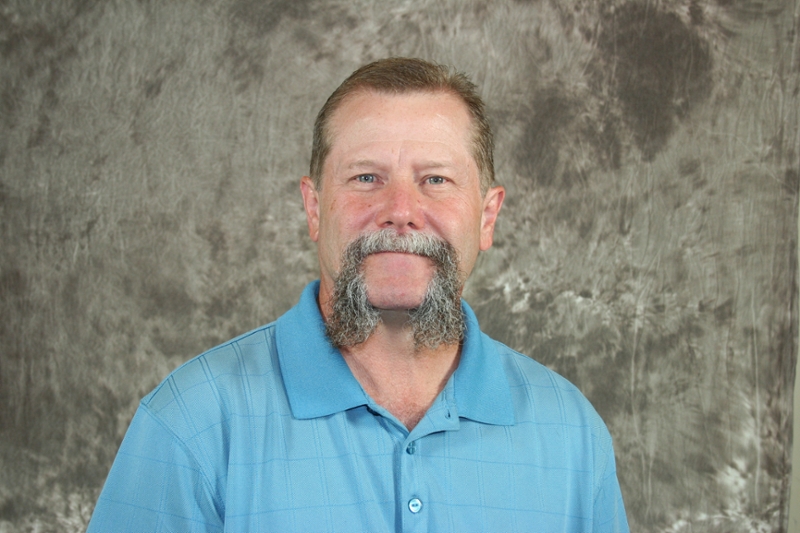
Val Watts

Professor and Associate Dean for Research
University of North Carolina
wattsv@purdue.edu
765-496-3872
RHPH 210
www.mcmp.purdue.edu/faculty/wattsv
Integrative Neuroscience
Membrane Biology
Active Mentor - currently hosting PULSe students for laboratory rotations and recruiting PULSe students into the laboratory; serves on preliminary exam committees
Current Research Interests:
The research in the Watts laboratory is designed to use a multi-disciplinary approach, combining molecular biology, biochemistry, and pharmacology to study the signaling mechanisms of G protein-coupled receptors (GPCRs) and the regulation of adenylyl cyclases. The fact that GPCRs are the target of more the 50% of today’s clinically used drugs emphasizes further the importance of these studies. Much of the work in his lab has focused on members of the dopamine, cannabinoid, serotonin, and adenosine receptor families. Studies have examined the pharmacology of these receptors including the characterization of novel ligands that activate these receptors as well as investigating their ability to modulate the activity of their primary effector, the enzyme adenylyl cyclase (AC). A second area of focus has included examining the effects of persistent Gαi/o-coupled receptor activation in vitro in order to understand and identify molecular changes following chronic drug exposure that may occur in vivo. Much of this work has focused on elucidating the mechanisms and pathways for D2 dopamine receptor-induced heterologous sensitization of adenylyl cyclase. Other exciting studies have used bimolecular fluorescence complementation (BiFC) to “visualize” and localize protein-protein interactions in living cells. BiFC is based on the complementation between fragments of fluorescent proteins that are fused to two interacting proteins. These fluorescent approaches and others are currently being used to study drug-modulated GPCR-AC, AC-AC, and AC-protein interactions in novel cellular models as well as in BiFC screening endeavors. More recent efforts have been focused on the development and execution of screening endeavors relevant to drug discovery and AC signaling. We have developed a number of new HTS assays for individual AC isoforms that include using siRNA and small molecule libraries. We are currently exploring the ability of selective inhibitors of AC isoforms to serve as non-opioid alternatives for chronic pain, agents to treat opioid withdrawal, and for the treatment of alcohol use disorders (AUDs).Selected Publications:
Scott, J.A., Soto-Velasquez, M., Hayes, M.P., LaVigne, J.E., Miller, H.R., Kaur, J, Ejendal, K.F.K., Watts, V.J., and Flaherty, D.P., Optimization of a pyrimidinone series for selective inhibition of Ca2+/calmodulin-stimulated adenylyl cyclase 1 activity for the treatment of chronic pain. J. Med. Chem. 65:4667-4686, 2022. PMID 35271288
Ding, Z., Ejendal., K.F.K, Soto-Velasquez, M.P., Hayes, M.P., Santoro, N., Larsen, M.J., and Watts, V.J. Genome-wide siRNA screening reveals a role for Cullin3-RING ligase signaling in heterologous sensitization of adenylyl cyclase J. Pharmacol. Exp. Therap. 372:267-276, 2020 PMID: 31857349
Doyle, T.B., Ejendal, K.F.K., Soto-Velasquez, M., Hayes, M.P., Dessauer, C.W., Hu, C.D., and Watts, V.J. Identification of novel adenylyl cyclase 5 (AC5) signaling networks in D1 and D2 medium spiny neurons using bimolecular fluorescence complementation. Cells 2019, 8, 1468; doi:10.3390/cells8111468. PMID: 31752385
Soto-Velasquez, M., Hayes, M. P., Alpsoy, A., Dykhuizen, E.C., and Watts, V.J. A novel CRISPR/Cas9-based cellular model to explore adenylyl cyclase and cyclic AMP signaling. Mol. Pharmacol. 94:963-972, 2018 PMID: 29950405
- Faculty Profile

